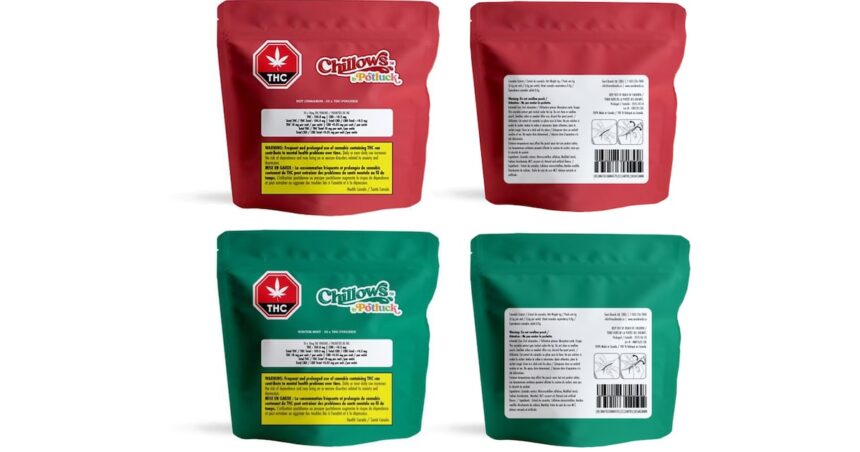The Canadian cannabis industry faced a significant setback this week as Health Canada ordered an unprecedented nationwide recall of multiple cannabis products after laboratory testing revealed THC levels dramatically exceeding legal limits and product labeling. The recall affects thousands of consumers across all provinces and highlights growing concerns about quality control in Canada’s regulated cannabis market.
Testing conducted by Health Canada’s Cannabis Compliance Directorate discovered THC concentrations up to 35% higher than indicated on packaging in several popular cannabis edibles and concentrates. This discrepancy poses serious health risks, particularly for inexperienced users or those with sensitivity to THC’s psychoactive effects.
“This recall underscores the critical importance of rigorous testing and transparency in the cannabis supply chain,” said Dr. Melissa Chen, toxicologist and cannabis researcher at the University of British Columbia. “When consumers purchase regulated products, they rightfully expect accurate information about potency and effects.”
The recall primarily affects products manufactured by three major licensed producers—CannaGrow Enterprises, Northern Lights Cannabis, and Maple Leaf Extracts—with distribution channels spanning across Canada. Regulators have identified production batches from August through September 2025 as potentially problematic, urging retailers to remove these products immediately and consumers to return unused portions to their place of purchase.
Industry analysts note this recall may further erode consumer confidence in the legal cannabis market, potentially driving consumers back to unregulated sources. This trend would undermine one of the primary objectives of Canada’s 2018 cannabis legalization—reducing illegal market activity.
“The regulated market’s key selling point has been consistent quality and safety,” explained Jordan Williams, cannabis market analyst at Toronto-based Economic Research Institute. “When that promise is broken, we risk pushing consumers toward unregulated products that may pose even greater health risks.”
The Cannabis Council of Canada has responded by announcing new voluntary industry standards for potency testing, including third-party verification and more frequent batch testing. However, some business experts question whether self-regulation will sufficiently address quality control challenges.
Federal regulators have launched a comprehensive investigation into the affected facilities’ quality control practices and testing protocols. Preliminary findings suggest calibration issues with testing equipment and potential procedural violations may have contributed to the inconsistencies.
“We take these violations extremely seriously,” stated Olivia Nguyen, Director of Enforcement at Health Canada’s Cannabis Regulation Branch. “Producers who fail to meet Canada’s strict regulations face substantial penalties, including potential license suspension or revocation.”
Consumer advocacy groups are calling for increased transparency throughout the cannabis supply chain, including public access to laboratory testing results. The Canadian Consumer Protection Agency has established a dedicated hotline for adverse reaction reporting related to the recalled products.
Healthcare providers across the country report treating several patients experiencing unexpected adverse reactions potentially linked to high-THC products, including severe anxiety, rapid heart rate, and dissociative symptoms.
As Canada approaches the seventh anniversary of cannabis legalization in October 2025, this recall raises important questions about the maturation of the regulated market. Has Canada’s regulatory framework kept pace with industry growth, or are additional safeguards needed to protect consumers in this rapidly evolving marketplace?










